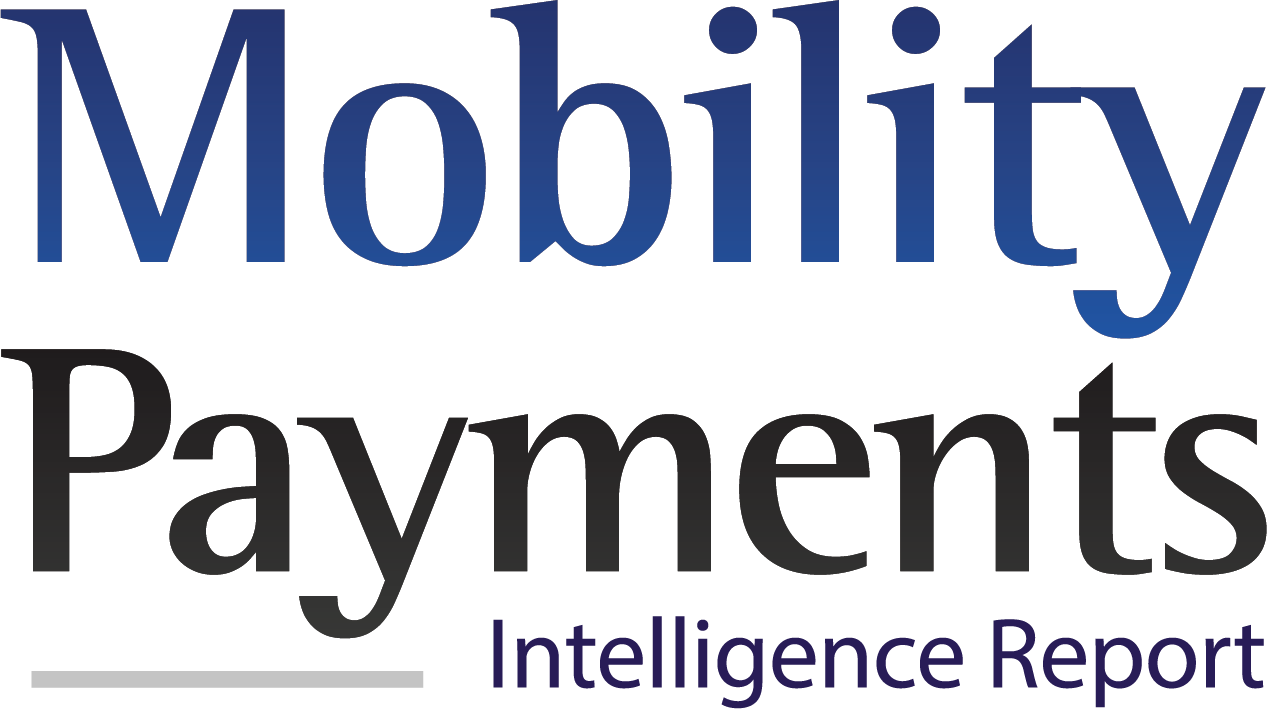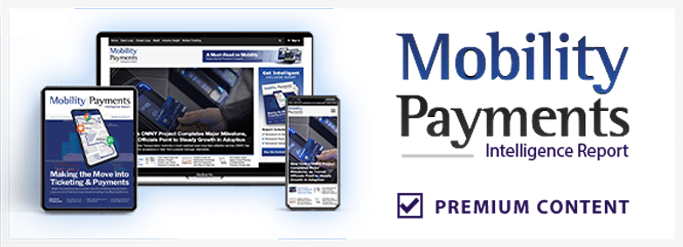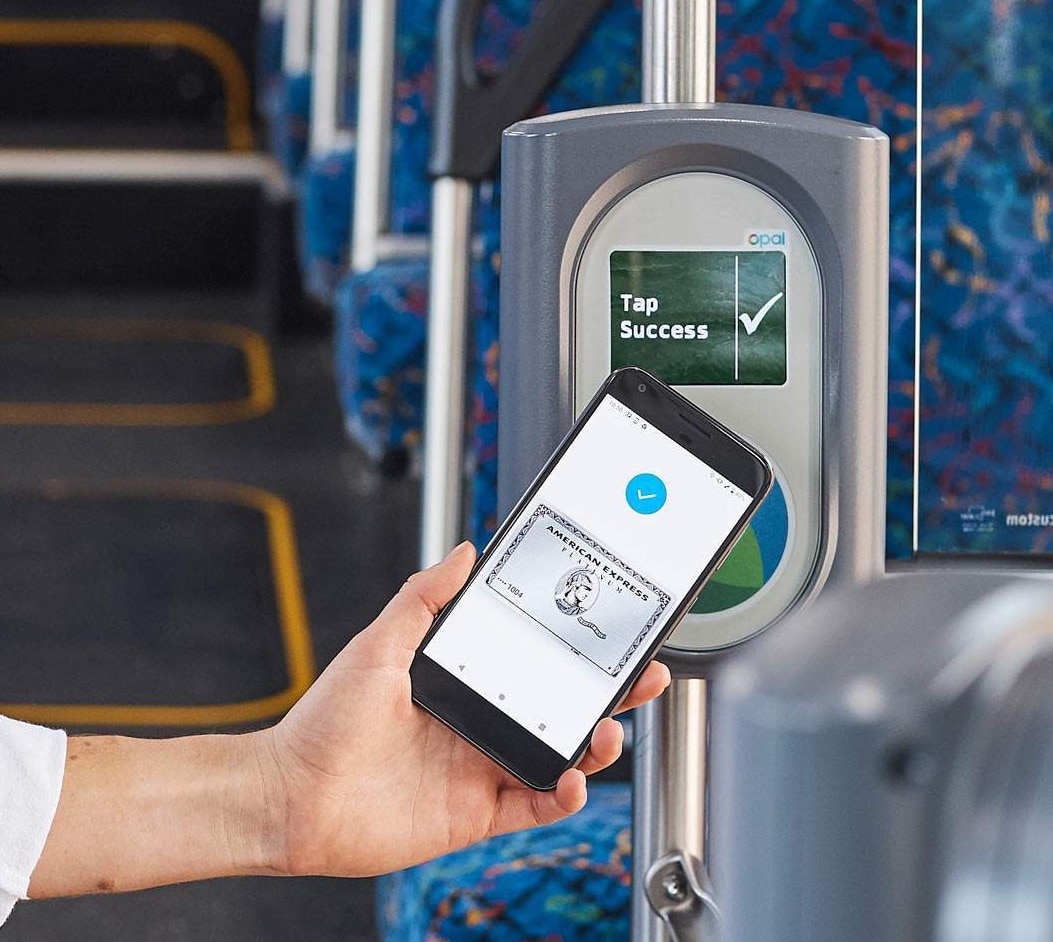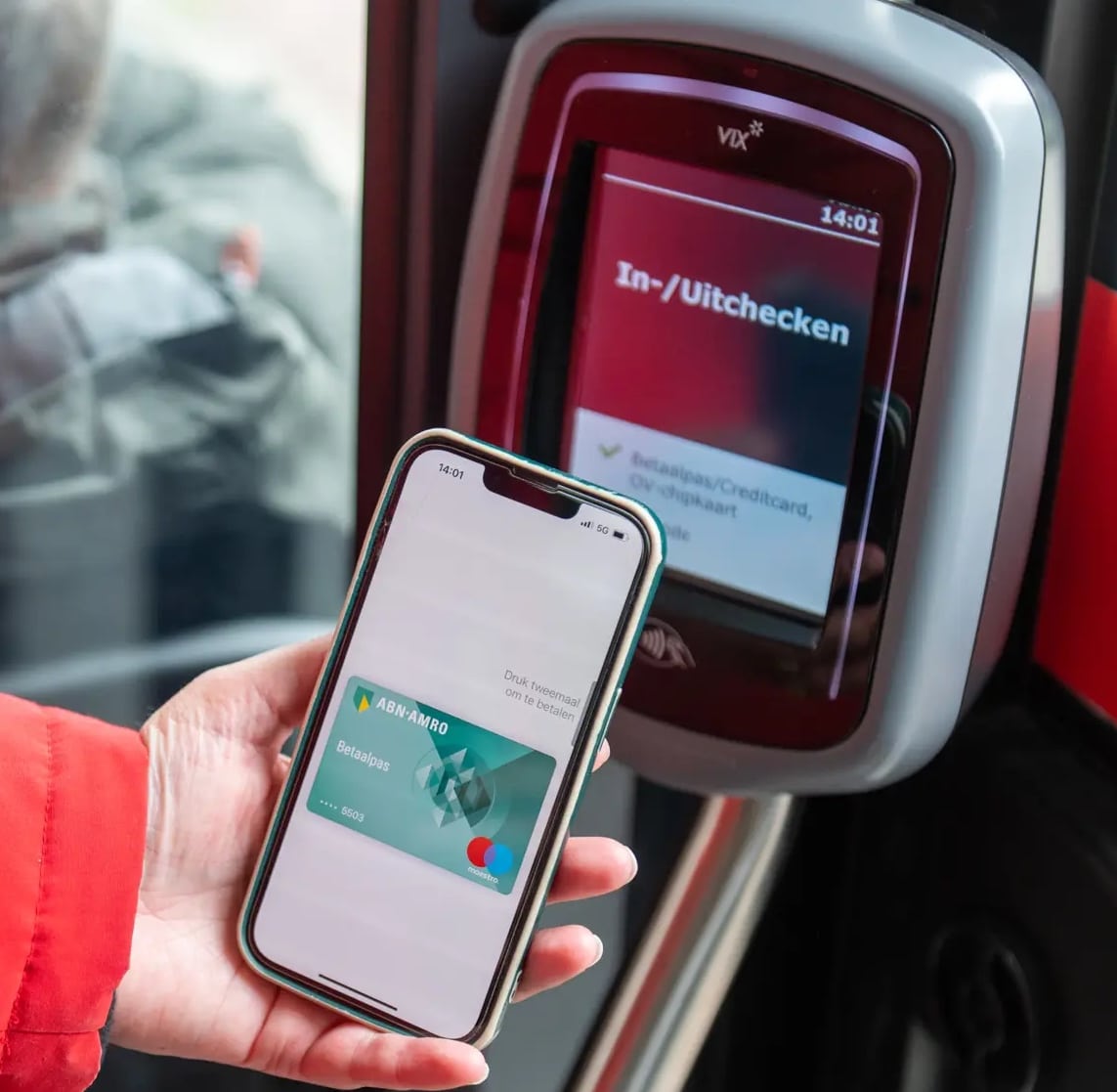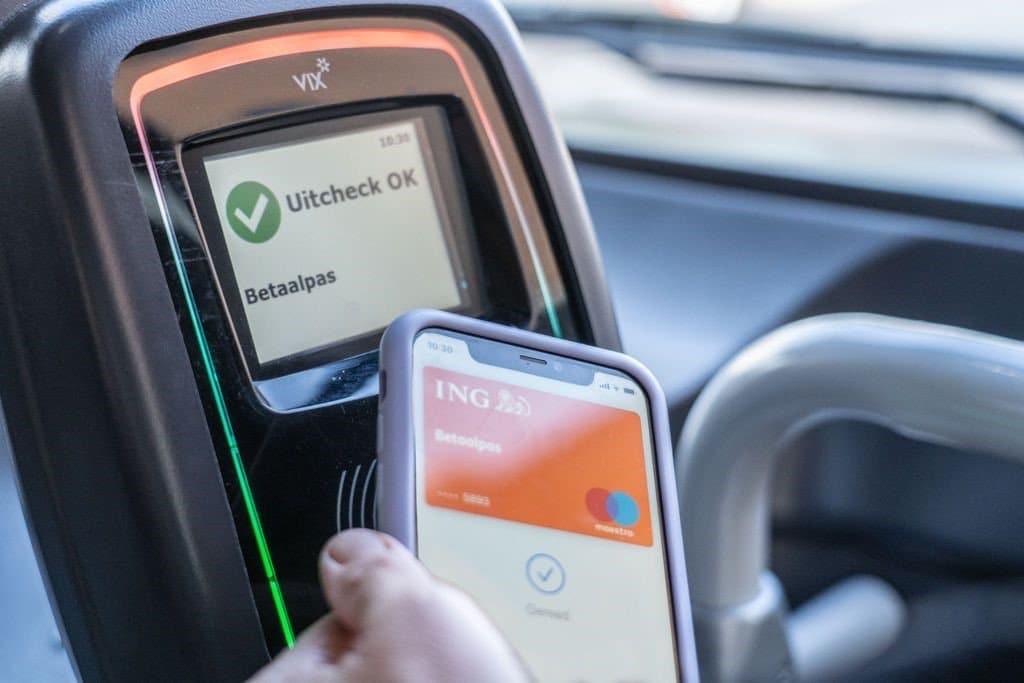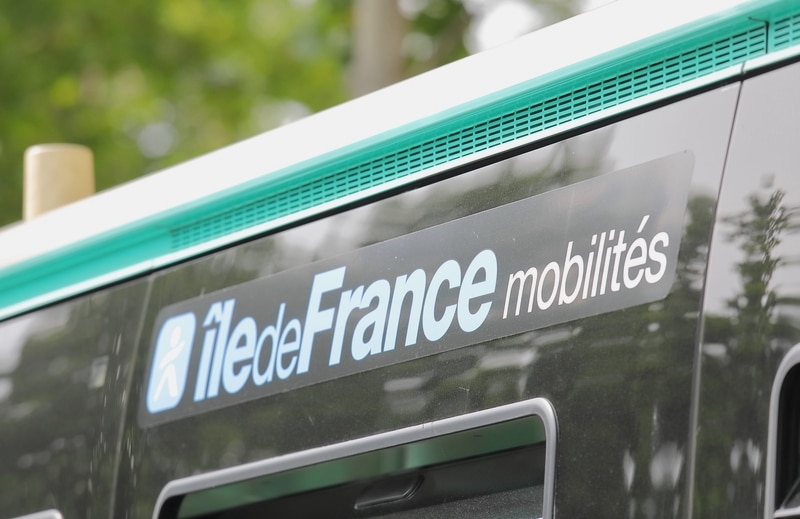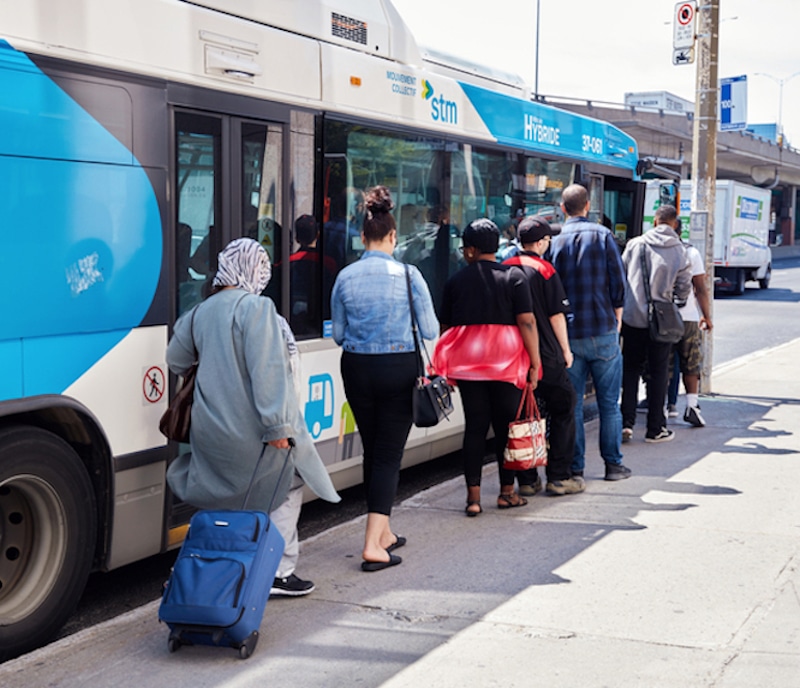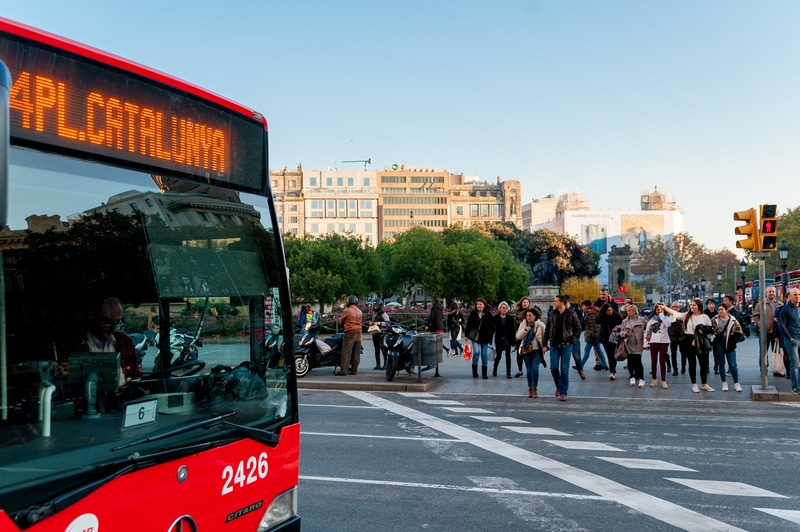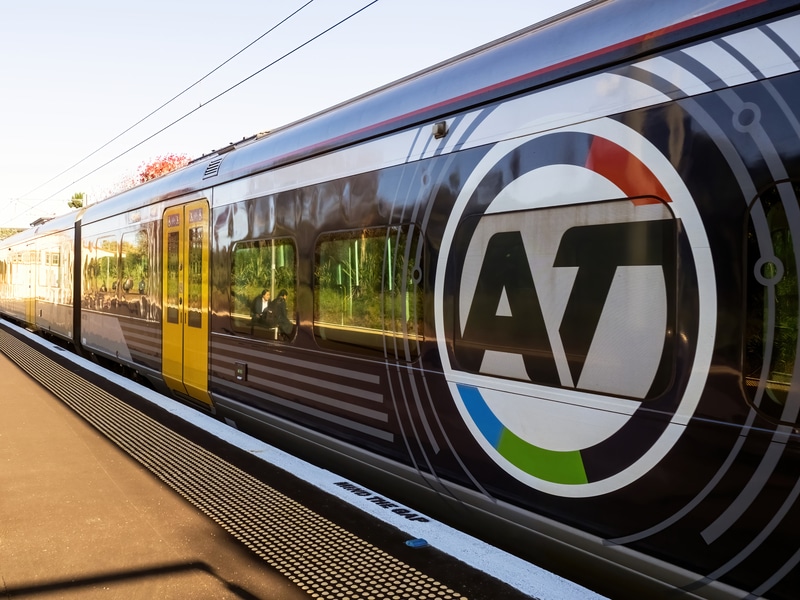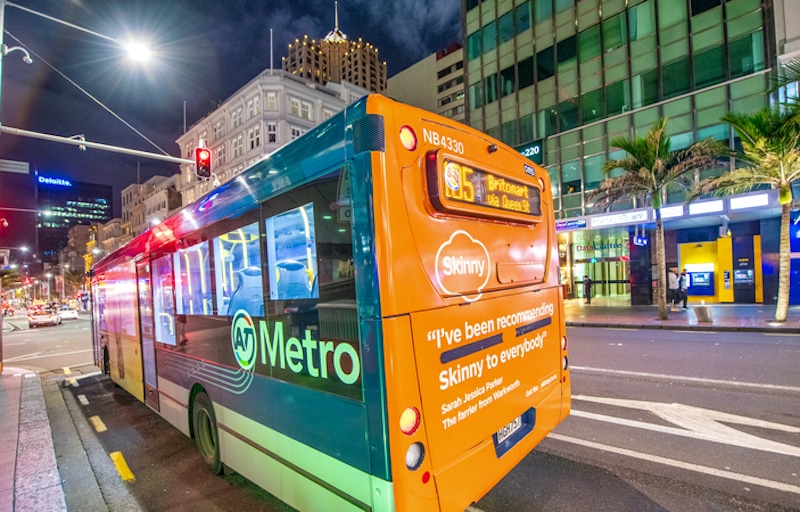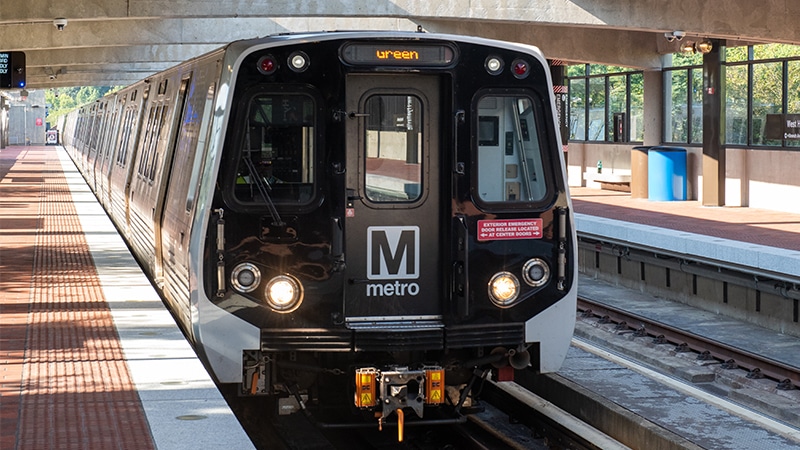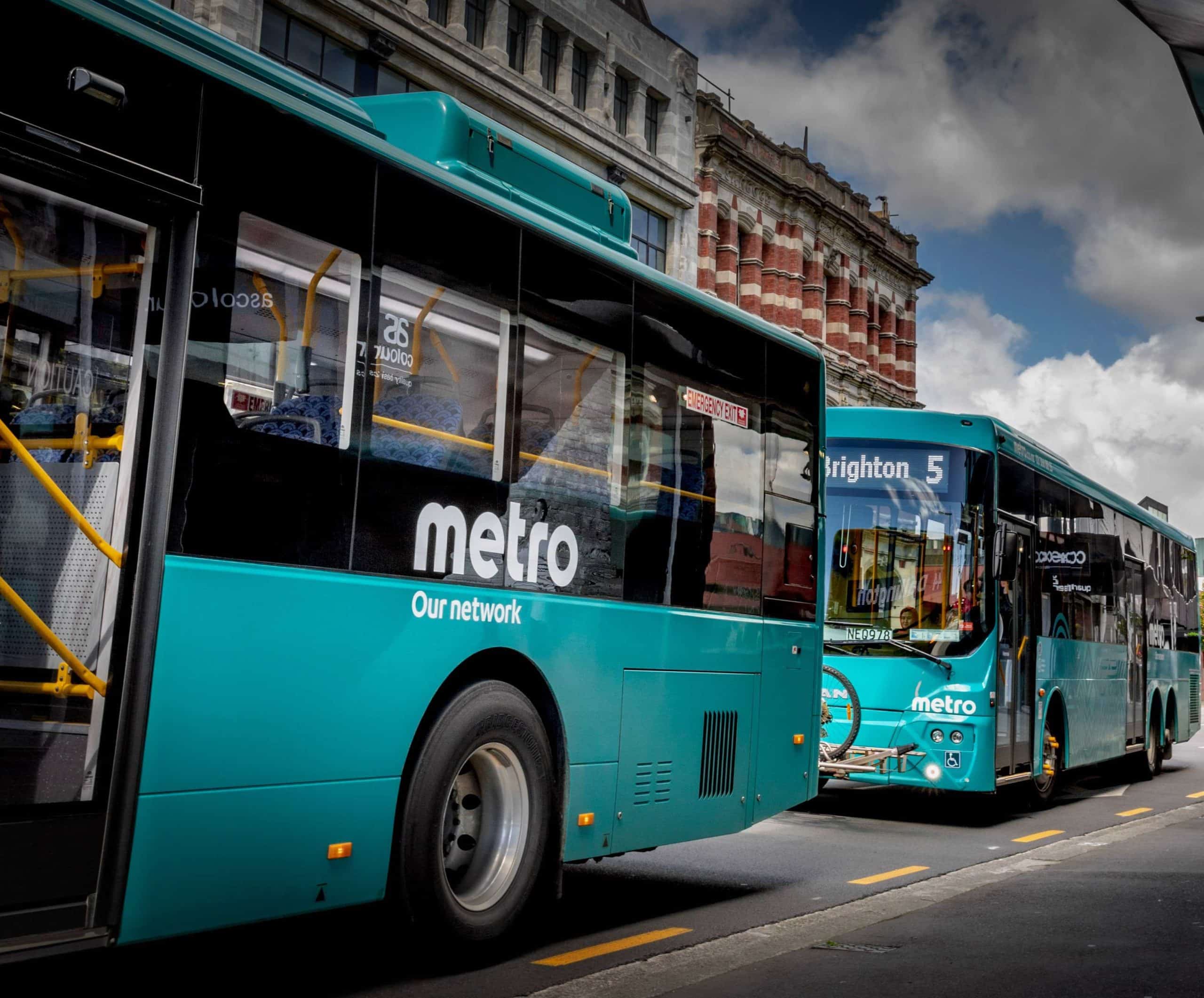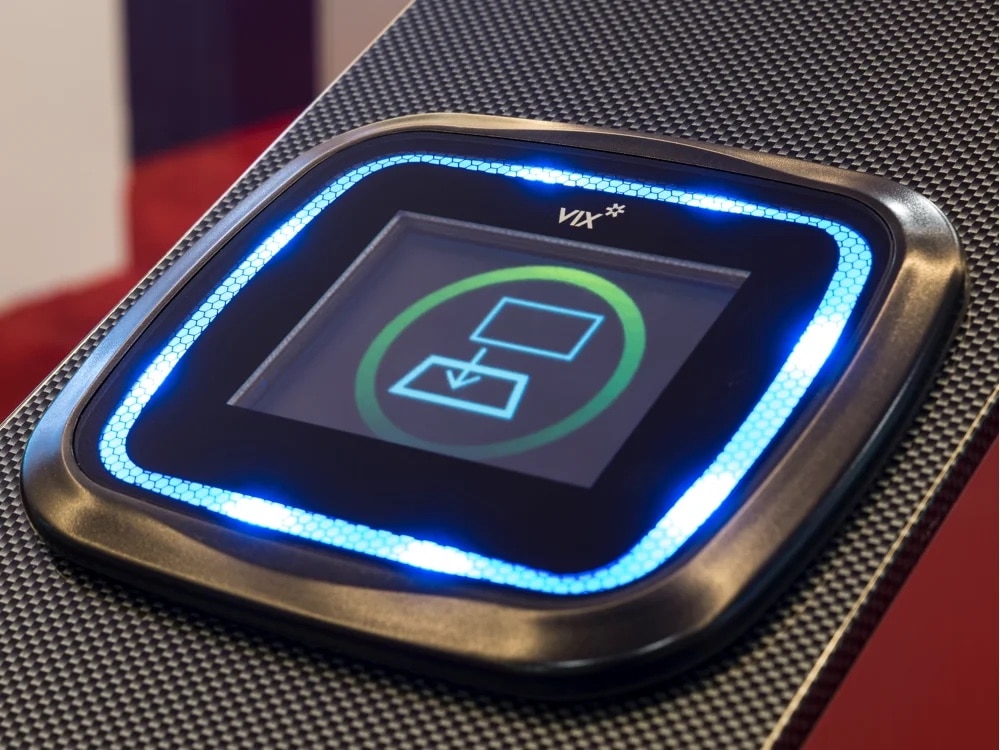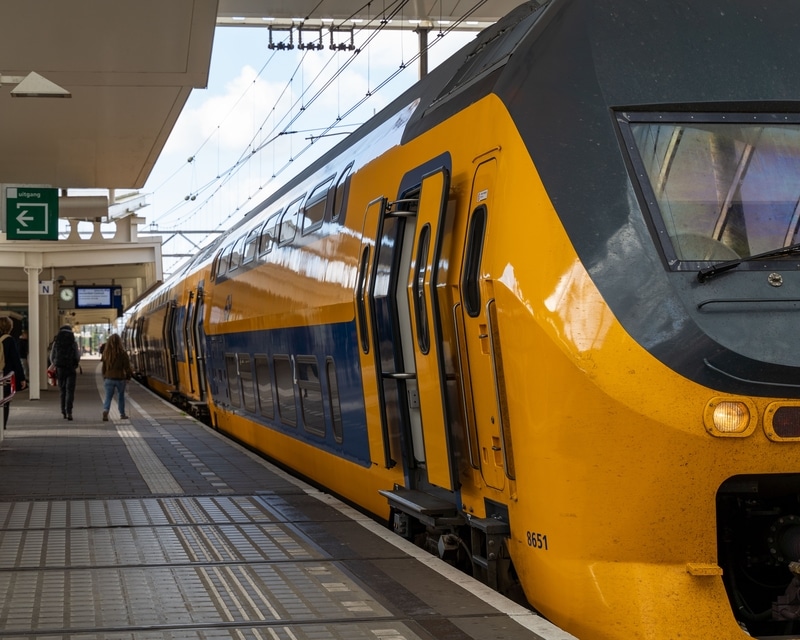
Article Highlights
Nederlandse Spoorwegen, or NS, the Dutch national railway and by far the largest transit operator in the country, yesterday announced it will launch open-loop payments next Tuesday. While open loop will only apply to single ticket sales the launch is a major milestone for the Netherlands’ nationwide EMV payments project.
For example, a one-way single ticket on NS between Amsterdam and Rotterdam costs €17.90 (US$19.46) at peak hours. The higher amounts create more fraud risks for agencies.
• NS (Netherlands)
• GVB
• RET (Rotterdam)
• Translink (Netherlands)
• Arriva (Netherlands)
Nederlandse Spoorwegen, or NS, the Dutch national railway and by far the largest transit operator in the country, yesterday announced it will launch open-loop payments next Tuesday. While open loop will only apply to single ticket sales–a reported 10% of NS’s total trips–the launch is a major milestone for the Netherlands’ nationwide EMV payments project.
